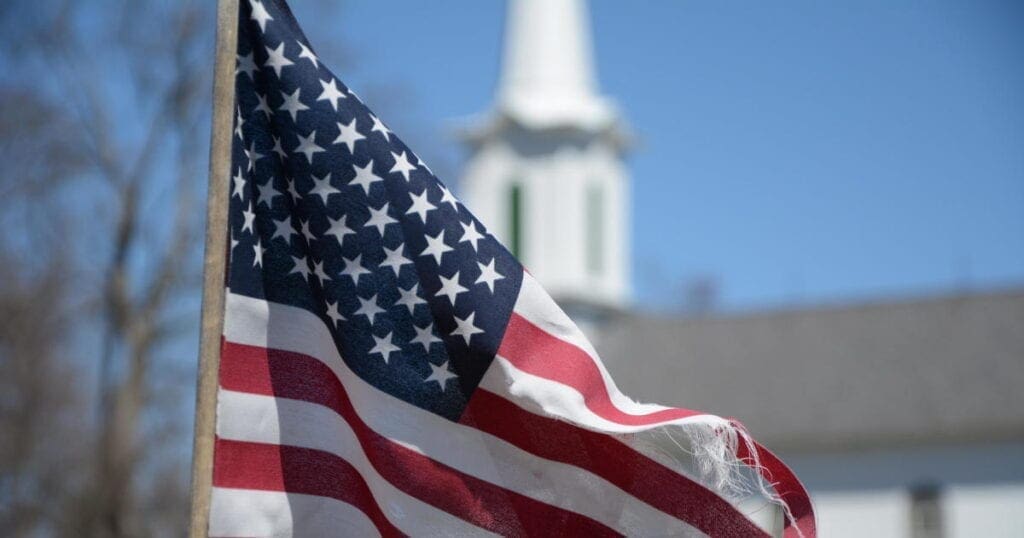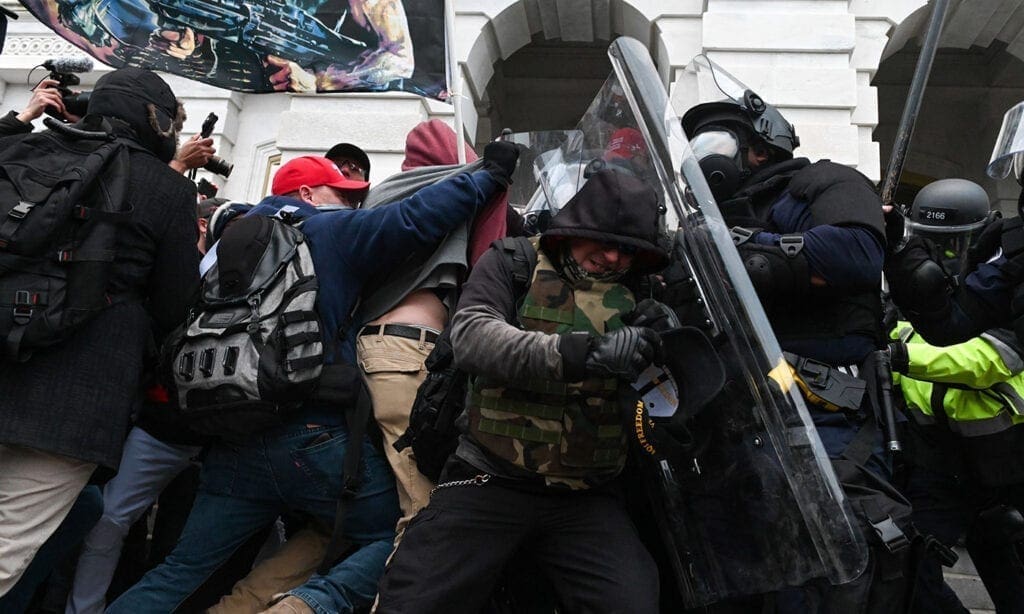It is not a new policy by any means, but it is one that has been invoked in the recent past in order to curb personal opinion when it comes to instruction concerning the operation of the government on all levels.
Ohio County Schools Superintendent Dr. Kim Miller has been forced to speak with some of the system’s educators after complaints have been registered after social media posts have attracted the attention of parents. The process? In most cases, it involves a conversation and the removal of the posting in question.
“There have been times when we have received complaints about what a teacher has posted on a social platform, and we have had to ask them to take it down,” the superintendent reported. “We also had a teacher who had posts about Democrats and Republicans because he teaches Government, and that’s what I had to tell people. The man teaches government.
“There is a lot of attention on politics these days for good reasons and for bad reasons, but it’s best for our educators to stick with the curriculum instead of bringing their personal feelings into it,” Miller explained. “I believe our students get enough of that from the national media and other sources. Our goal is to educate our students on how government operates on all levels.”

The Policy
Political Activity on School Grounds
With the general election approaching, the State Superintendent cautions superintendents that political activity on school property may run afoul of the Governmental Ethics Act by using public office or employment for the private gain of oneself or another and may create a divisiveness that interferes with students’ instruction. Please provide these guidelines to your building principals and individuals who maintain social media accounts that include school names (this includes athletic and other extracurricular accounts). The free speech rights of employees and students should not be impaired; however, certain reasonable restrictions that do not abridge these rights will help ensure that your county does not violate ethics laws.
- * Review and circulate your county’s policy on political activity;
- * A county policy may prohibit the sale of advertising space on school property or publications (e.g. athletic field fences, athletic programs) to political candidates or groups endorsing political positions. If your county policy does not prohibit the sale of advertising space to campaigns or groups that endorse a specific candidate, you must apply your county’s policy or practice evenhandedly, treating all parties, whether political candidates or other individuals/entities, the same;
- * A county policy may prohibit the use of school facilities for political campaigns/activities at any time. If your county does not prohibit such use, you must apply your county’s policy or practice on renting its school facilities to outside entities evenhandedly, treating all requesters, whether political candidates or other individuals/entities, the same;
- * Do not permit campaign signs to be displayed on school grounds;
- * Request that student- and staff-owned vehicles with conspicuously large campaign signs not be parked in a place of high visibility;
- * Prohibit the use of school time, equipment, supplies, facilities, or social media accounts for any political campaign activity, including levies or bonds or lobbying for legislation;
- * If a social media account includes the school’s name (e.g. Vandalia High School Athletics, Vandalia High Football, or Vandalia High School Academic Team) posts/Tweets/shares/likes/Retweets can be viewed as an endorsement and should be prohibited;
- * Do not use school email or listserv to disseminate political messages or petition requests on behalf of a candidate;
- * Do not meet with candidates on school property during school time or in a way that gives the appearance of school sponsorship or endorsement to a candidate;
- * If candidates are present on school property for non-political speaking engagements or celebratory events, ensure candidates do not discuss campaigns or disseminate campaign material;
- * Students and staff may wear campaign buttons, but not pass out leaflets or other campaign material; and
* Avoid circumstances in which student teams or school groups engage in activities in which they give the appearance of endorsing or supporting a political candidate.

The Great Divide
Over the past 10 years, the national and statewide political landscapes have changed, and in some cases for the first time in decades. One example is the fact the Republican Party captured the majority in both the House of Delegates and Senate in 2004 after more than 80 years of Democratic control.
The coronavirus pandemic even turned political when debates took place over the response by the federal government and the legitimacy of the guidance offered by the Center for Disease Control and Prevention. During a recent rally, in fact, the 45th president, Donald Trump, encouraged the people in the crowd to get vaccinated and was booed.
“Since I have been the superintendent of Ohio County Schools, we have addressed many, many issues beyond the pandemic, and politics in the classroom is one of them,” Miller explained. “In those cases, it wasn’t about a teacher trying to change anyone’s opinion, but instead sharing their own opinions. It was something that we anticipated during the last Presidential Election, but, for the most part, everything turned out just fine.
“I don’t remember thinking much about politics when I was in high school, but that has changed over the years. Our students are much more in tune with state and national politics right now,” she continued. “But when I was in high school, there wasn’t the 24-hour media cycle, so I am sure that is why our students are much more involved with it and why they have been able to form their own opinions.”


